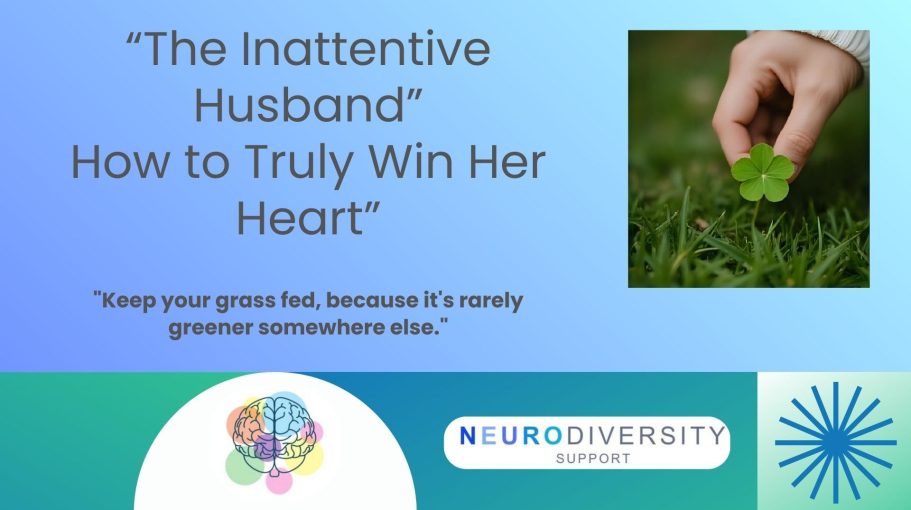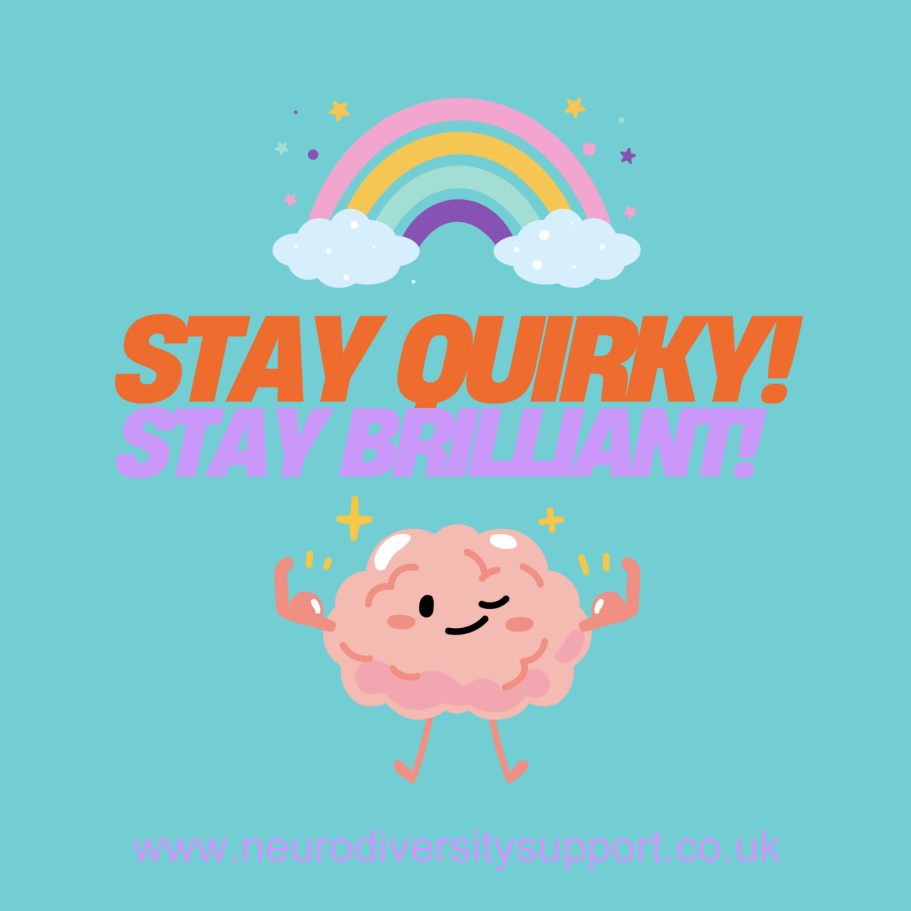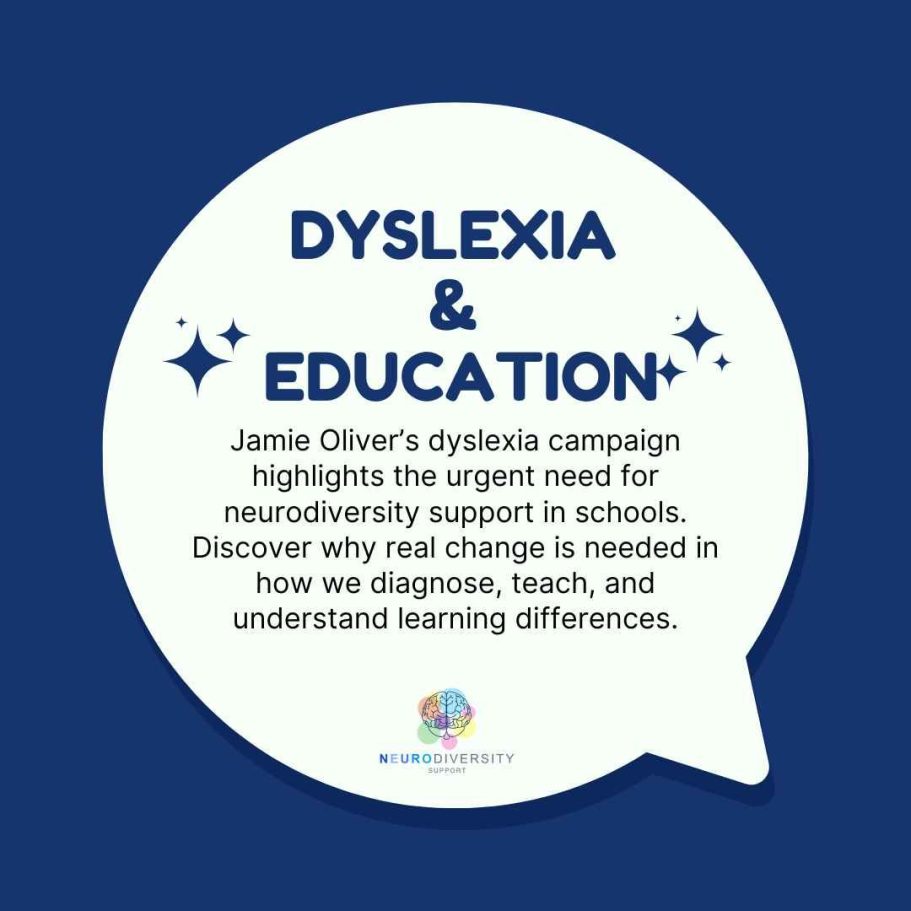NEW BOOK!!
The Inattentive Husband: How To Truly Win Her Heart
A Neurodiverse Relationship Survival Guide
By Kelly Young
Many neurodiverse men don’t mean to disconnect… but emotional inattention slowly erodes the bond. This powerful, heartfelt relationship ebook is for men who want to do better, not just with grand gestures, but through daily intentional action.
Written by a Neurodiversity Coach (and neurodivergent wife), this self-paced guide helps men become the emotionally present, proactive, and steady partners their wives need, without changing who they are. Just how they show up.
Why We Say Neurodiverse, Not Neurodivergent: A More Inclusive, Human Way to Speak About Brains
At Neurodiversity Support, we believe words shape the way we see ourselves — and each other. That’s why we often use neurodiverse instead of neurodivergent. It’s more than a language choice — it’s a reflection of our values: inclusion, warmth, and respect. In this blog, we explore why this small shift makes a big difference — and why more people, including public figures like Jamie Oliver, are making it too.
Neurodiversity Support - Jamie Oliver, Dyslexia, and the Broken Education System
There’s increasing concern that the next government could remove EHCPs or dismantle the tribunal service that currently helps families appeal decisions. If this happens, thousands of families will be left without access to vital educational support. Many parents are already exhausted from battling a system that too often fails neurodiverse children. Taking away EHCPs would push families from struggling to surviving — into complete crisis. Now more than ever, we need to protect and strengthen neurodiversity support, not strip it away.
Providing Neurodiversity Support
For neurodiverse Young People and Adults in the Criminal Justice System
If your child, teen, or young adult is in trouble with the police and you suspect their behaviour may be linked to ADHD, autism, or another neurodiverse profile — please get in touch.
With the right understanding and support, we can change the outcome.
Reach out today to see how I can help.
Every young person deserves to be heard, understood, and given a fair chance.
Understanding Childhood Anorexia Through Lived Experience
I was around nine years old when I found myself sitting in a doctor’s office, confused and unsure of the conversation unfolding around me. I remember the doctor drawing a diagram to help me understand just how dangerously underweight I had become. He explained that my stomach had shrunk so significantly that I was at serious risk of hospitalisation and being put on a drip.
ADHD Affects Emotional Development in School-Aged Children”
When we talk about ADHD (Attention Deficit Hyperactivity Disorder), we usually focus on behaviours like fidgeting, forgetfulness, and getting distracted. However, there's a deeper difference in the brain that affects how young people develop emotionally and socially. One key aspect of ADHD that often gets overlooked is how it can cause delays in important skills like planning, controlling emotions, and making decisions.
Preparing Teens for Sex and Relationships: Are We Doing Enough?
Sadly, many teens learn about sex from unrealistic online content rather than open, honest conversations at home or at school.
That’s why I’m passionate about creating safe, supportive spaces where young people can learn about boundaries, consent, and self-worth.
With the right guidance, our teens can build healthy relationships and navigate intimacy with confidence and respect.
Emotionally Based School Avoidance: Why the UK Education System is Failing Our Children
Emotionally Based School Avoidance (EBSA) is rising across the UK, especially among neurodiverse children facing anxiety, unmet needs, and trauma in school. In this powerful article, neurodiversity consultant Kelly Young explores the systemic failures driving EBSA, the urgent need for reform, and how families can access the support they deserve through compassionate, neuro-affirming approaches.
How Diet and Environment Impacts Neurodiverse Individuals
From years of working within the neurodiverse community, I’ve seen firsthand how diet and environment can significantly impact well-being. This blog explores the powerful gut-brain connection and how gut health can influence mood, behaviour, and overall mental health—particularly in individuals with ADHD, autism, and other neurodiverse conditions.
Understanding yourself better.
In a world that often values sameness, understanding our unique neurological profiles can be enlightening, especially for those of us who may feel different or misunderstood. At Neurodiversity Support UK, we recognise the significance of gaining insights into one’s own neurodiverse traits, which is why we advocate for a neurodiversity pre-assessment as a crucial first step in the journey of self-discovery. This blog post explores the importance of such assessments and how they can provide clarity about your life, your actions, and the way various factors, including anxiety and sensitivity, affect you.
Autism and Spiritual Connection: Do Autistic People Feel More Spiritually Connected?
Many autistic individuals share that they feel a strong link to the spiritual world, often having unique experiences and being sensitive to energies that others might not notice.
This blog looks at the relationship between autism and spirituality, using research, psychological ideas, and personal stories.
How the birth of our son taught us about neurodiversity.
As a family, we became advocates for each other. We began to educate ourselves on neurodiversity and fight for the rights of our children. I’m now aware of how deeply we are all impacted by neurodiversity: I’m autistic, ADHD, OCD, SPD, and PTSD. Alex is also autistic and ADHD. Joshua, my son, has ADHD, autism, Landau Kleffner Syndrome, dyspraxia, dyslexia, dyscalculia, SPD, and dysgraphia. Madison, too, is autistic.
Hormonal changes and neurodiversity.
Conversations with parents and education professionals highlight that many children and young people experience increased difficulties as they go through puberty, particularly when hormonal changes and the onset of menstruation occur. A growing body of medical research confirms a strong link between hormonal fluctuations and the intensification of challenges faced by those with neurodiverse conditions, such as Autism Spectrum Condition (ASC) and Attention Deficit Hyperactivity Disorder (ADHD).













